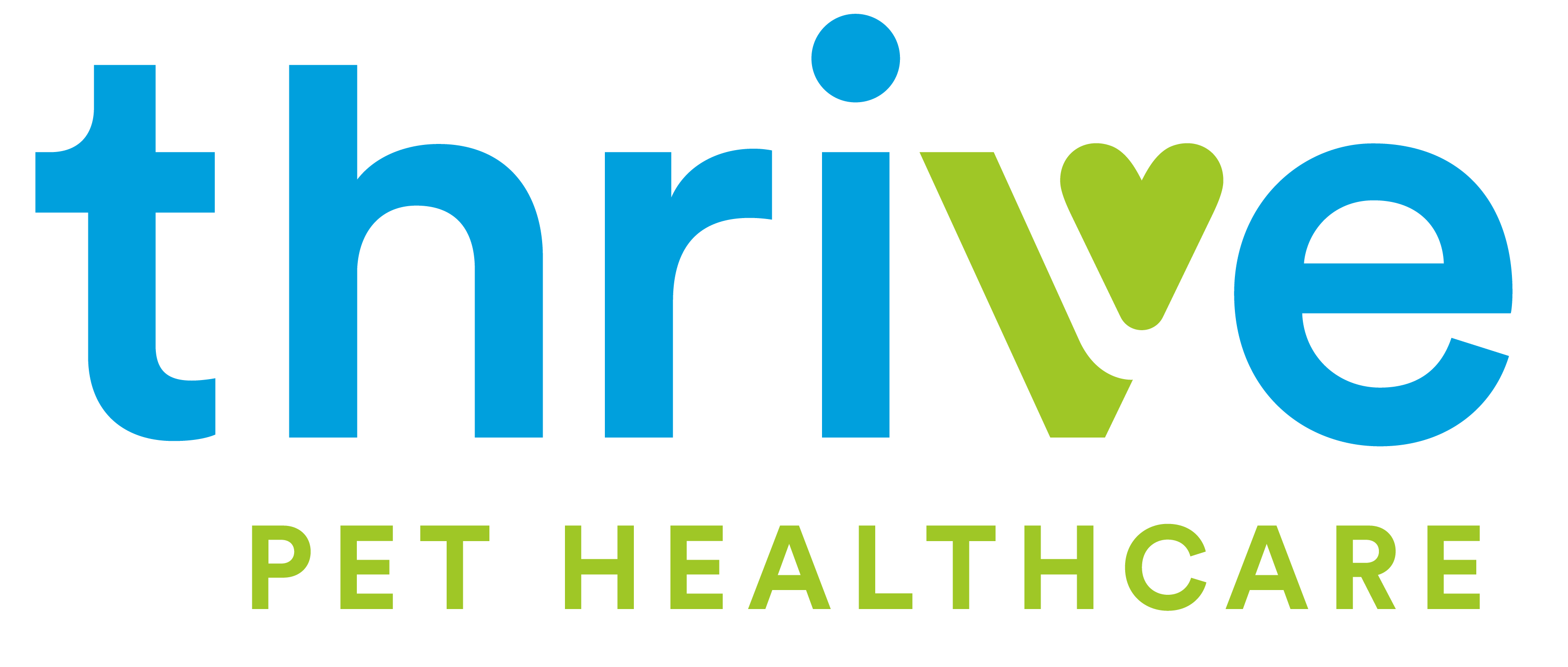
- dvm360 December 2021
- Volume 52
From a flicker to a flame: Where's your sense of purpose?

Many of us in the veterinary profession have wanted to work with animals since we were in elementary school. In today’s language, one might say we’re living our purpose. But what does that mean, and how do we sustain the passion that helps us feel we really are living a purposeful life?
Science suggests that a sense of purpose is vitally important to wellbeing. Ample research shows that a clear sense of purpose improves mental, emotional, physical, and even financial health. These benefits are not limited to human beings. Research also has shown that purpose-driven organizations perform better when helping to realize human potential and elevate communities around them. I can attest from my experience working at Thrive Pet Healthcare that having a clearly articulated and authentic purpose for nurturing pets and owners through meaningful relationships and exceptional care makes a big difference.
Indeed, it is hard to imagine how you can perform—personally or professionally—if you do not have some idea of purpose. If you haven’t found your purpose yet, whether for yourself or your business, how do you figure out that true purpose, and how do you feed the passion required to sustain the fulfillment gained from that purpose?
Cultivating, not hunting
Our profession does not suffer from an absence of purpose. That is what drives us. It is what compels us to take another add-on to ease the concerns of a worried pet owner. It is what drives us to find the resources at the hospital to provide medical care for the pet owner who does not have financial means to do so themselves. It is what lives in our heart as we cry, mourning the loss of a patient as though we were a member of the family.
However, it can feel at times as though we need to go in search of greater good. We may lose this motivation when feeling overwhelmed, underappreciated, or just plain tired. We can feel that we have lost that connection.
A recent podcast on NPR’s The Hidden Brain interviewed Cornell University professor and psychologist Anthony Burrow, PhD. In the podcast, he explained that purpose is not something to be found–it is something that we can develop and cultivate from within. In an article on the Cornell University research website, Burrow further notes that, “Purpose is a forwardlooking directionality, an intention to do something in the world. It’s different than a goal, which can be accomplished. Wanting to be a parent is a goal because it is achievable. But to be a great parent is more of an intention than an achievement. On some days, one might come closer to the ideal than others, but it is never a completed task.”
Even if it’s clear, that doesn’t mean it’s easy
So, what gives? How can we be such a passion-driven, purposeful group of people with such a relatively high burnout rate, suicide rate, substance abuse rate, and physical and mental exhaustion rate?
As with many things in life, there is duality. For all the great things that passion and purpose can bring, they also can become their own kryptonite, driving us to push past our boundaries and lose ourselves in the process. We are in a unique place in our profession, where fulfilling our purpose and living our passion often puts us at odds with what we need as individuals for self-care, for family care, for balance, for sustainability over time.
Although this has been true for a long time, many new challenges have added layers of complexity to the challenge—the operational and psychological challenges of a global pandemic, team safety concerns, home and work-life balance, increased caseloads, and pet owners navigating their own sets of stressors.
Finding and controlling your universe
Yes, there are many things out of our control. However, it is important to recognize and focus on the things you can control. What do you have the power to influence?
Although answering these questions starts internally, it is important to consider the impact of external influencers. Who are you surrounding yourself with, and how are they influencing your ability to move forward in the best ways for you? With the amount of time spent at work, what is your workplace environment—does it provide a place where you can thrive while also providing the best care possible to your patients? Do you have a support community to keep your tank full and help you advance in pursuing your passion?
This is an area we’ve really worked hard to bake into the culture at Thrive Pet Healthcare. The holistic well-being of our veterinary care providers has become central to our purpose. It has guided everything from our operating model to professional development programs to our benefits offerings. It is all part of our shared experience and collective success—an experience that requires us to support the passion and purpose of every person, every day they come to work. And on days when you need help remembering and connecting back to your passion and purpose, being in the right environment and around the right people can make all the difference.
Kelly Cairns, DVM, DACVIM, MS, is vice president of medical excellence and education at Thrive Pet Healthcare.
Articles in this issue
almost 4 years ago
Veterinary Heroes: General Practitioner winner CPT Kelly Willard, DVMabout 4 years ago
Veterinary Heroes: Dermatology winner Maria Ierace, DVMabout 4 years ago
Veterinary Heroes: Client Service Representative winner Susie Martinabout 4 years ago
Handling separation anxiety spikes when life changesabout 4 years ago
Benefits of upgrading technology for clinic workflowabout 4 years ago
Are you spending your marketing budget wisely?Newsletter
From exam room tips to practice management insights, get trusted veterinary news delivered straight to your inbox—subscribe to dvm360.




